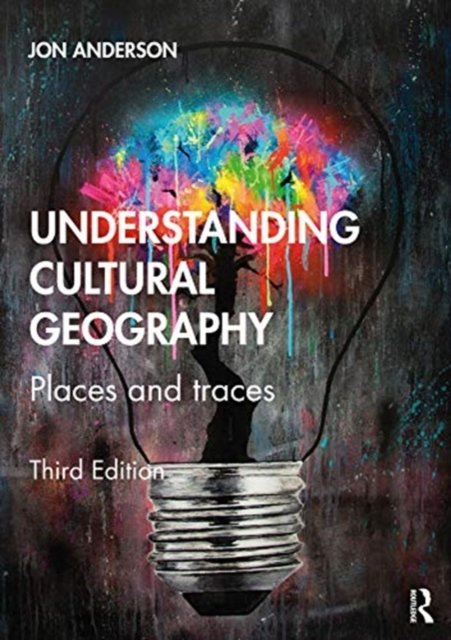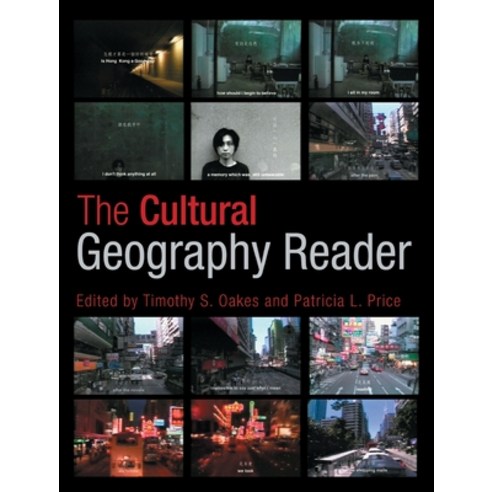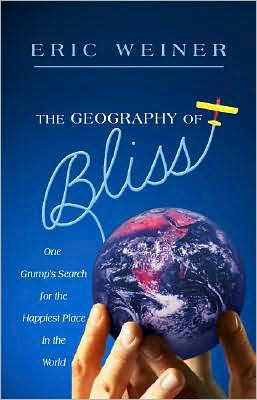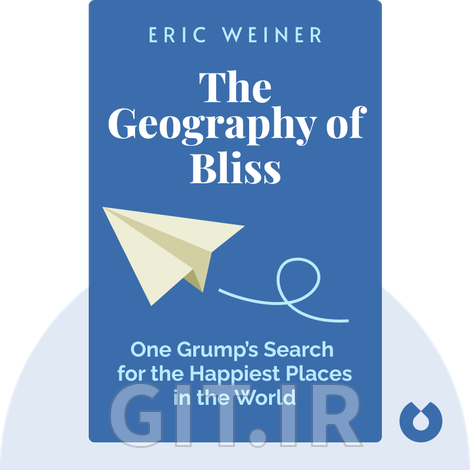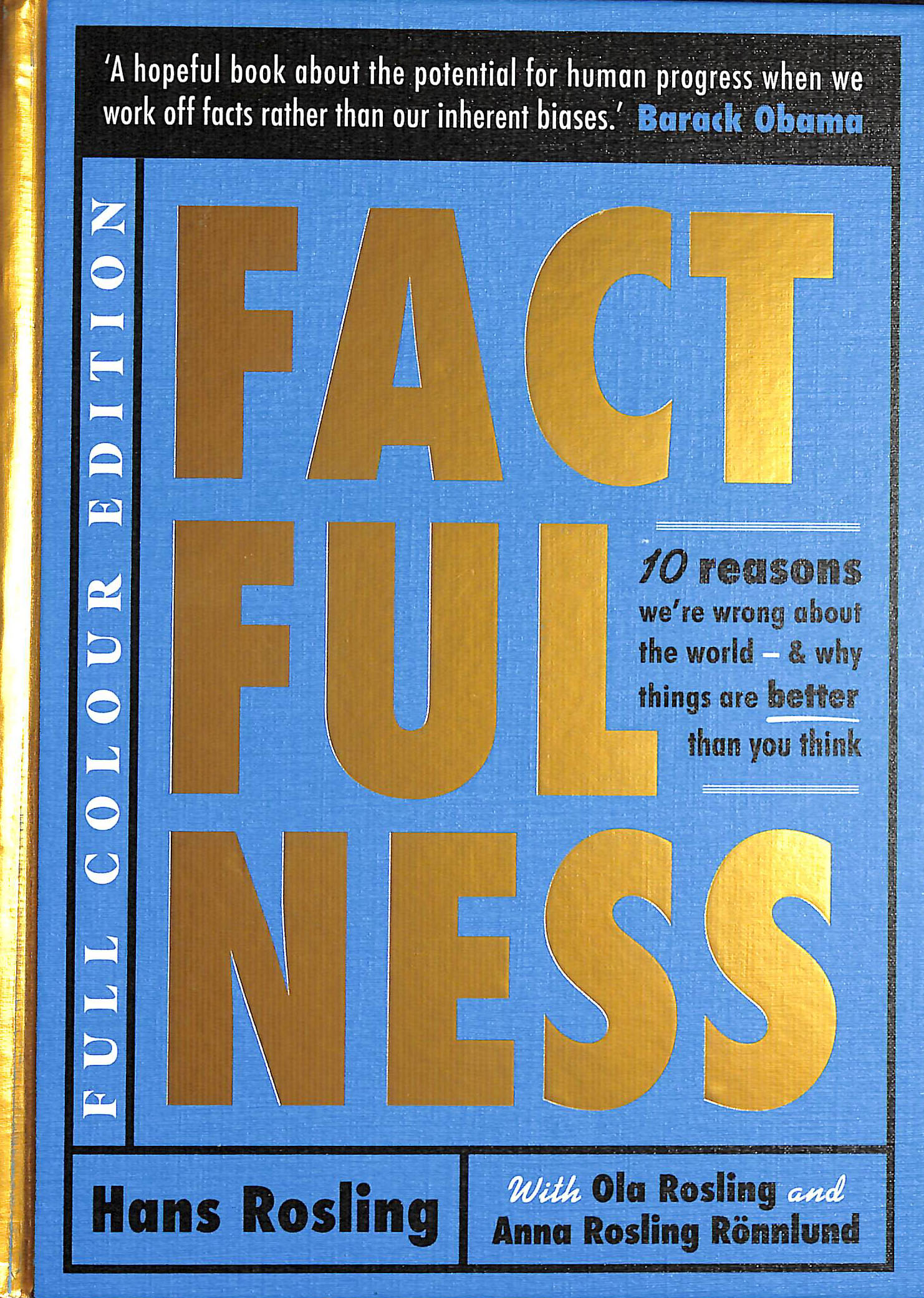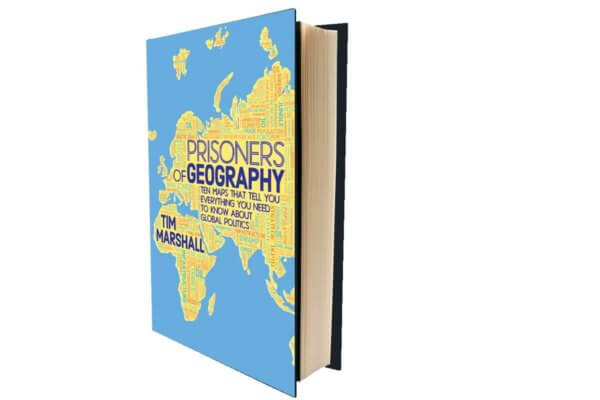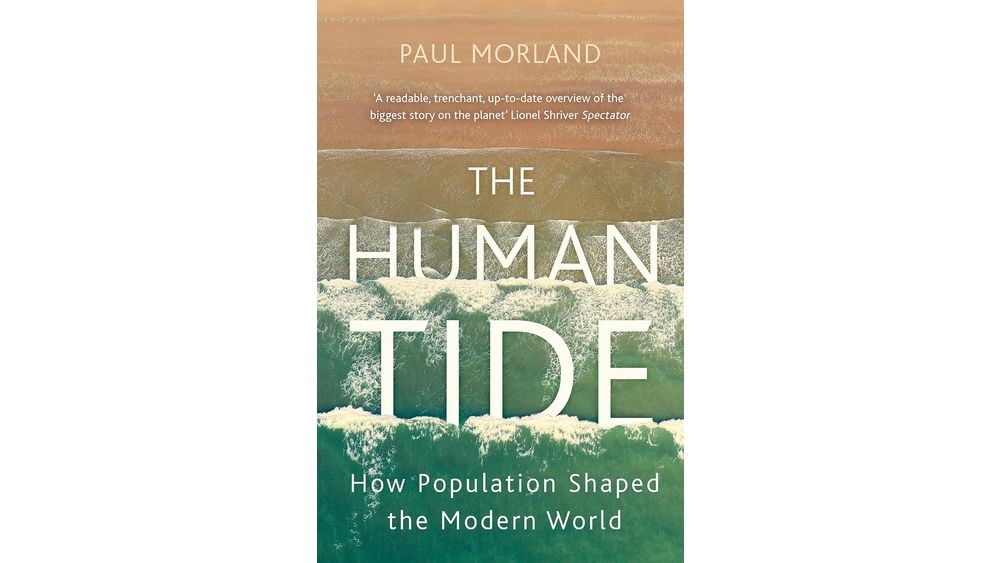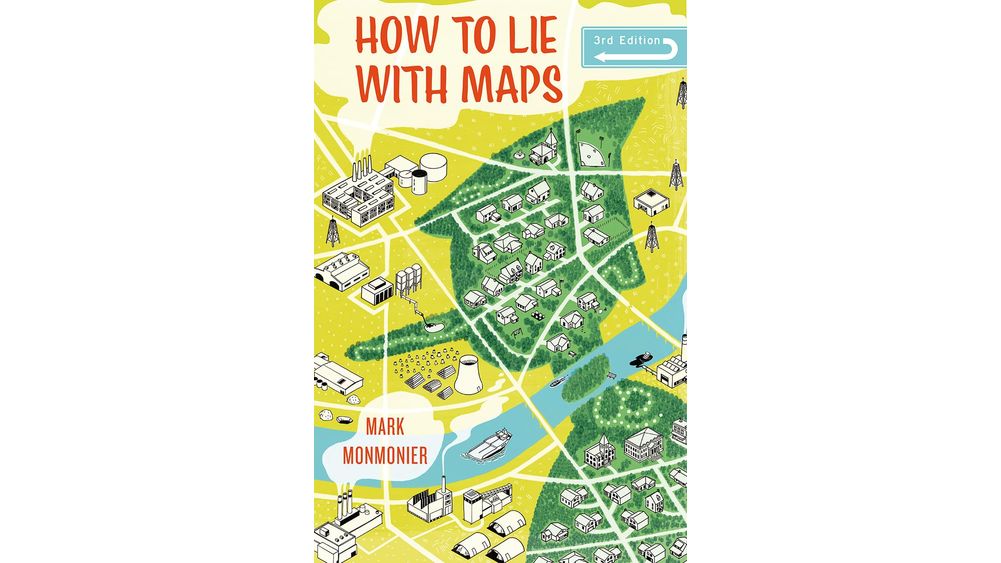Donald Mitchell provides a thorough analysis of significant changes in cultural geography and examines the interplay between cultural transformations and landscapes, focusing on issues like sexuality, gender, race, and nationality[1].
Jon Anderson explores cultural geography in the context of contemporary ‘culture wars,’ analyzing theoretical ideas and empirical focuses, now with updated chapters on ethnicity, race, gender, and the body in its third edition[1].
Edited by James Duncan, Nuala C. Johnson, and Richard H. Schein, this book provides a critical overview of cultural geography, featuring contributions from 35 international scholars[1].
John Horton and Peter Kraftl offer an accessible introduction to cultural geography, discussing various aspects and including case studies and learning activities, making it suitable for students[1].
Edited by Timothy Oakes and Patricia L. Price, this comprehensive collection features 52 readings that represent key concepts and historical perspectives in cultural geography, bridging US and UK traditions[1].
In the third edition, William Norton and Margaret Walton-Roberts explore the dynamic relationship between people and the places they inhabit, enriching discussions on identity and socio-spatial relationships[1].
James Rubenstein’s leading text integrates themes of globalization and diversity in the human landscapes of Earth, designed for students and instructors alike[1].
Catherine H. Howell offers a guide exploring the diversity of human groups globally, organized by historical migration patterns and enhanced by maps and photographs[1].

Colin Woodard presents an analysis of North America’s diverse cultural landscape, highlighting distinct nations and their historical roots[1].
This book compiles influential works from the twentieth century, offering an overview of cultural geography focusing on cultural patterns and human-environment dynamics[1].
This reference tool provides definitions and explanations of key terms crucial to understanding cultural geography, covering a range of topics within the field[1].
Jean-Pierre Isbouts offers a visually stunning guide to human history, covering civilizations from ancient to modern times[1].
Eric Weiner’s journey across global cultures examines happiness and showcases a blend of travel diary and cultural study[5].
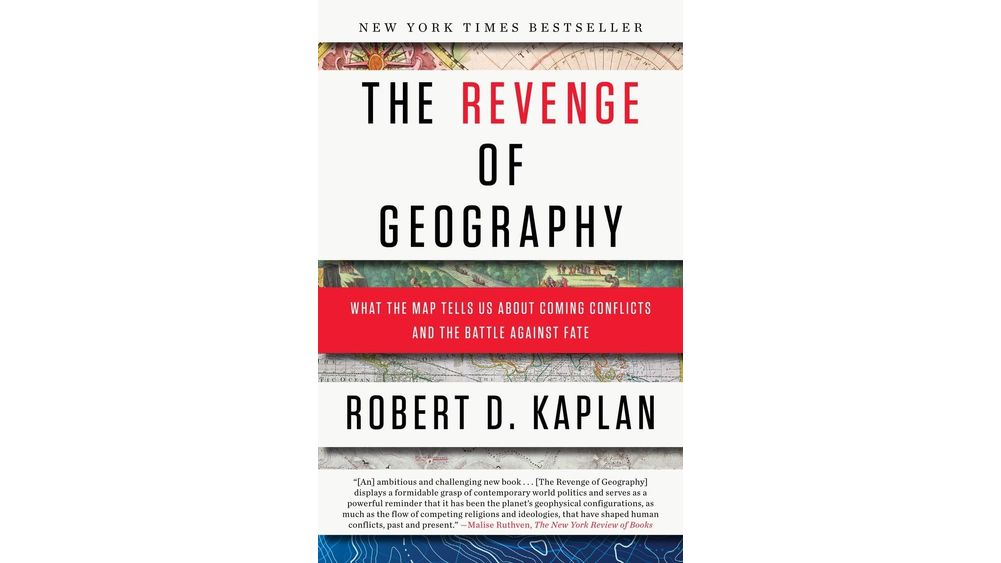
Robert D. Kaplan explores how geographical realities shape political destinies, supported by decades of research and firsthand observation[5].
Hans Rosling offers a data-driven perspective on global progress, unraveling misconceptions about the world[5].
Tim Marshall illustrates how physical geography influences global politics through a blend of maps and analysis[5].

Jared Diamond examines how geographical factors have shaped civilizations, providing insights into why some have prospered while others have not[5].
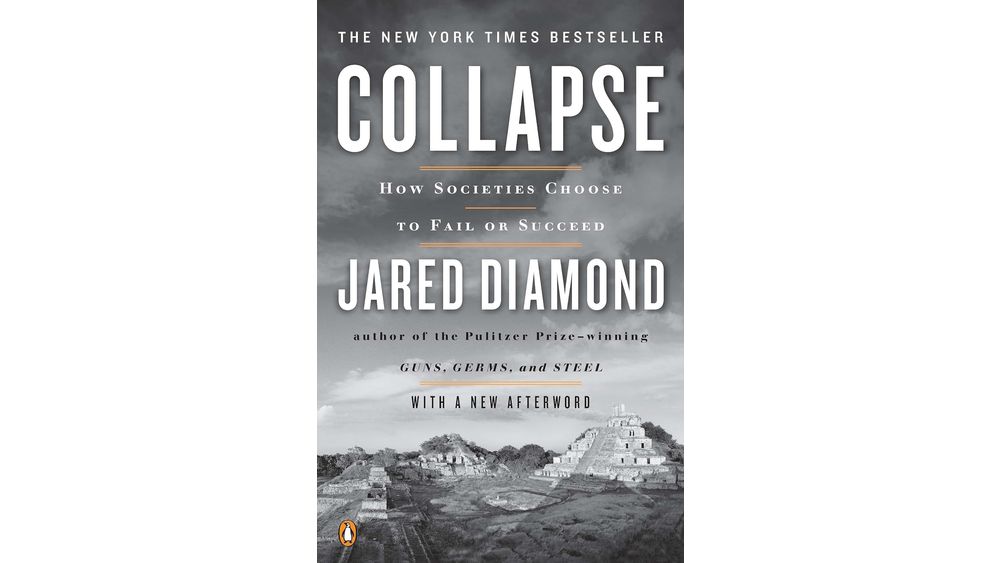
Jared Diamond analyzes environmental practices of past societies, linking sustainability to their endurance[5].
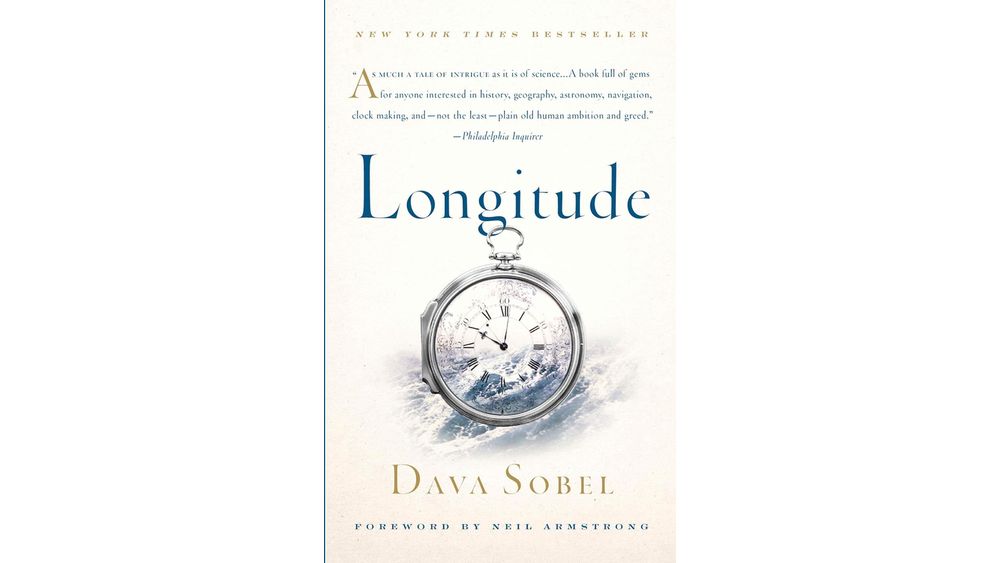
Dava Sobel tells the story of John Harrison’s quest to solve longitude measurement, combining scientific narrative with human drama[5].
Mark Monmonier reveals how maps can misrepresent reality, discussing the impact of cartographic choices on perceptions[5].
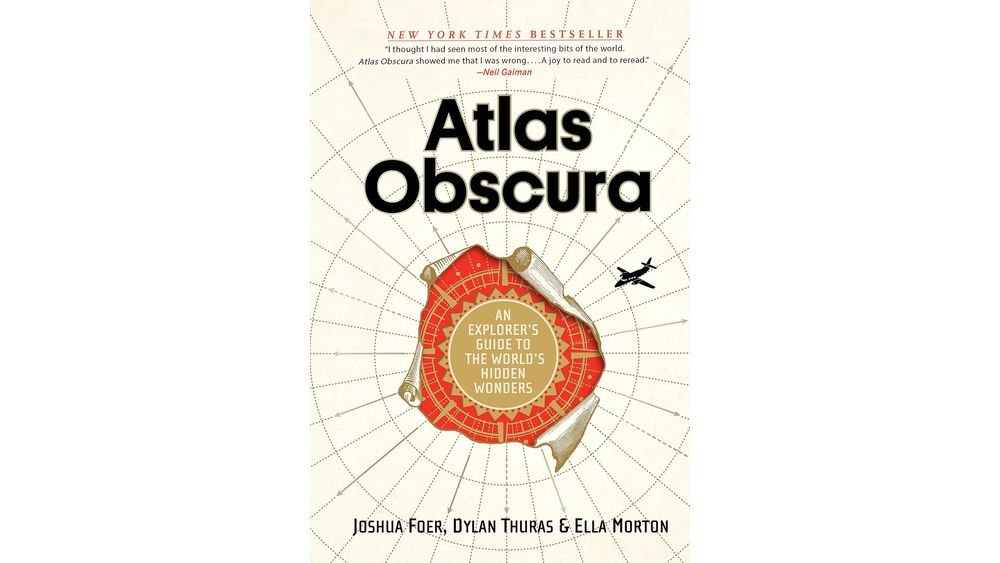
Joshua Foer and others guide readers through the world’s hidden gems, rich in history and intrigue[5].

Yuval Noah Harari chronicles human history, weaving together science and philosophy[5].
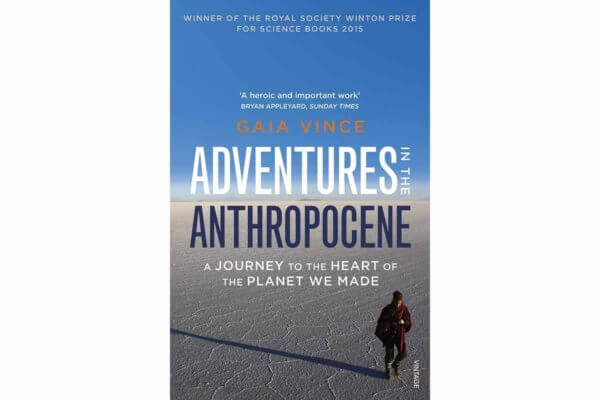
Gaia Vince documents human impact on the landscape, offering insights on sustainability[3].

David Abulafia narrates the story of the oceans through a human lens, capturing historical adventures[3].
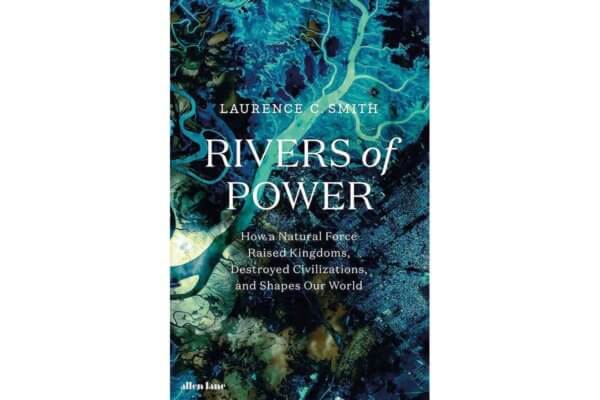
Laurence C. Smith explores the fundamental relationships between rivers and human development[3].
Get more accurate answers with Super Pandi, upload files, personalized discovery feed, save searches and contribute to the PandiPedia.
Let's look at alternatives:
- Modify the query.
- Start a new thread.
- Remove sources (if manually added).



